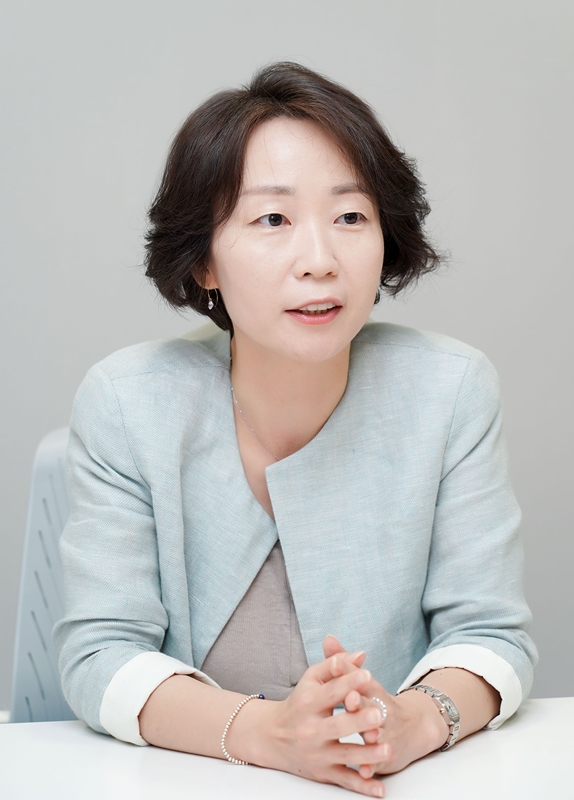CEO Lee says Korea is key market for UCB’s epilepsy treatments
UCB Korea will undoubtedly lead the domestic epilepsy treatment market, its CEO said in an interview with Korea Biomedical Review.
The Korean unit of the Belgium-based company gained fame with the 1993 release of the allergy medication Zyrtec. The drugmaker has strengthened its expertise in neurology by releasing blockbuster drugs such as antihistamine Xyzal in 2004 and antiepileptic drug Keppra in 2007.
However, the company had to face severe competition against generic drugs after patents of major items expired. Recently, the firm decided to withdraw the No. 1 global epilepsy drug Vimpat from Korea.

Despite such struggles, the company would keep pursuing to grow and maximize its strength, said Lee Young-joo, CEO of UCB Korea.
In the neuroscience sector including epilepsy, the company still sees an unmet demand of patients and is willing to seek value in patients, she said.
Lee worked at the global marketing division of LG Life Sciences (currently LG Chem), immune agent marketing at Novartis Korea. He also served as the license and business development leader at Daewoong Pharmaceutical and vice head of marketing at Bausch+Lomb Korea. After working as vice chief of local business development and strategy at UCB Korea, Lee took office as the company’ CEO in January 2017.
KBR sat down with Lee to hear what he had in mind for UCB Korea’s business strategy, as he has been leading the firm for a year and a half.
Question: You have built a variety of experience at local and foreign companies. Why did you choose to work for UCB?
Answer: UCB places “patient value” in its mission to make employees think about how they can help patients improve their lives. Of course, other drug companies regard patients as important, but at UCB, such corporate mission is found in every activity of the company. I saw high value in this and joined the firm.
Q: The sales of major products such as epilepsy treatment Keppra have declined recently. Do you have a particular strategy to tackle this problem?
A: We will continue to search for ways to contribute to helping epileptic patients. Our headquarters put Korea in the international market where Canada, Australia, and Brazil are included. Among them, Korea is yielding the largest revenue in the epilepsy segment. The Korean market is still significant, and the demand for Korean patients is high. We are seeking approval for a new drug in Korea. Nothing has changed even though the sales went down.
Q: Why did you decide to withdraw Vimpat from Korea? Do you have any replacement?
A: We have been supplying Vimpat for intractable epilepsy patients even though we had difficulty with drug pricing processes. After the patent expiration, however, we had no reason to continue the business when patients could get cheaper generic drugs.
One of the items expected to replace Vimpat is Brivaracetam, another antiepileptic treatment that we have applied for domestic approval. UCB Korea has diverse products such as Zyrtec, but its main target areas are neurology and immunology.
Q: Pharmicell agreed to supply its drug ingredients for UCB last year. Does your company have a plan for M&A or collaboration with a Korean firm?
A: Pharmaceutical companies should not only focus on treatment but expand its goals to prevention and prediction. In this perspective, I’m paying attention to startups and venture firms to make investments. I’m looking for a company going in a similar direction as UCB.
Q: What is your marketing strategy for the second half of this year?
A: My priority is to find answers on how to fit our strategies of reaching patient value to the real medical environment. I’m searching for ways to raise patients’ quality of life with healthcare experts, and how to contribute to their lives in the long term, beyond merely offering therapeutic effects.
We have achieved 130 percent of the original sales goal in the first half. There will be no difficulty in meeting the 2018 target.

